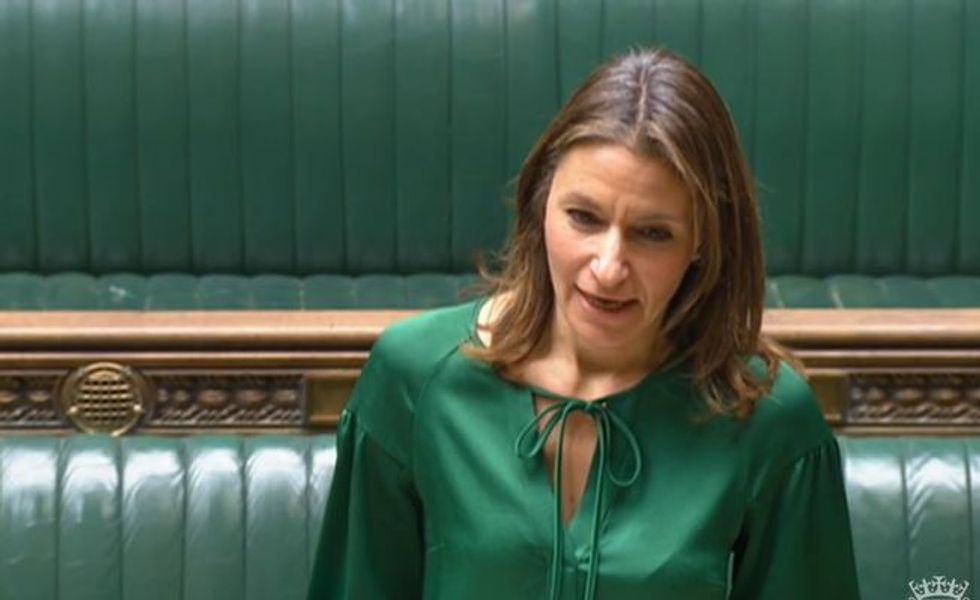The BBC licence fee will rise from £159 to £169.50 next year, Culture Secretary Lucy Frazer confirmed
PA
Culture Secretary Lucy Frazer confirmed the change in the Commons today
Don't Miss
Most Read
Trending on GB News
The BBC licence fee will rise from £159 to £169.50 next year, Culture Secretary Lucy Frazer confirmed.
The free had been frozen at £159 and was expected to rise in line with inflation next year, at 9 per cent. This would have meant an increase of about £15 from April 2024.
But the Government instead determined the figure using September's rate of inflation, rather than an average across the last year.
Addressing the Commons, Frazer said the Government will launch a review of the BBC’s funding model.
WATCH: Ben Habib calls for the BBC licence fee to be 'cancelled'
She explained: “The review will look at how we can ensure the funding model is fair to the public, sustainable for the long term and supports the BBC’s vital role in growing our creative industries.”
Frazer said the review will be led by the Department for Culture, Media and Sport and supported by an expert panel, adding: “It will assess a range of options for funding the BBC. We are clear that we want the BBC to succeed.
“The review will include looking at how the BBC can increase its commercial revenues to reduce the burden on licence fee-payers.
"Given pressure on household incomes, I can explicitly rule out that this review will look at creating any new taxes.
“The findings of the review will support the Government to make an informed choice on whether to consult the public on moving to alternative funding models.
"This would take place as part of the charter review process, where any final decision on reforming the BBC’s funding model would be taken.”
The Culture Secretary continued: "With an increasingly competitive media landscape, we need to make sure that the cost of the BBC does not rise exponentially nor that it is borne by a smaller number of fee payers.
“We’re already seeing an increasing number of households choosing not to hold a TV licence. The number of households holding TV licences fell by 400,000 last year and has declined by about 1.7 million since 2017-18. This is placing increasing pressure on the BBC’s licence fee income.
“We are also seeing a rapidly changing media landscape, with more ways for audiences to watch content. Reach and viewing of broadcast TV fell significantly in 2022 with reach falling from 83% in 2021 to 79% in 2022.
LATEST DEVELOPMENTS:

Frazer said the review will be led by the Department for Culture, Media and Sport and supported by an expert panel
PA
“As this trend continues, linking the TV licence to watching live TV will be increasingly anachronistic as audience viewing habits continue to move to digital and on-demand media.
“We know that if we want the BBC to succeed we cannot freeze its income but at the same time we cannot ask households to pay more for the BBC indefinitely.”








